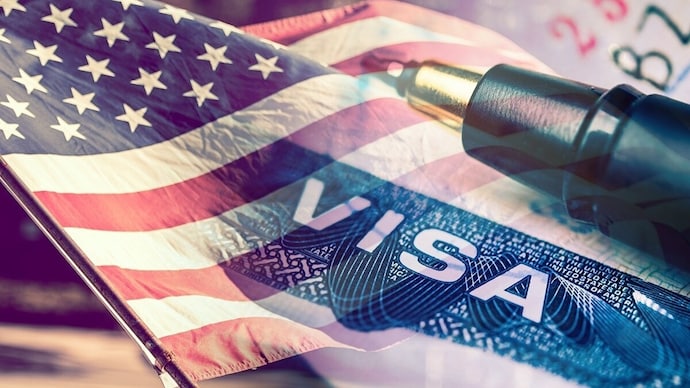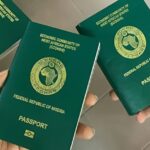The U.S. Department of Homeland Security (DHS) on Wednesday has levelled up on the visa rules to cap stay periods for foreign students, exchange visitors, and media representatives.
In a press statement, the DHS said the new rule is a policy of the United States President Donald Trump that is aimed at replacing the current “duration of status” framework with fixed admission periods for F, J, and I visa holders.
The new policy introducing cap stay periods for foreign students, exchange visitors, and media representatives also introduces stricter oversight and requires extensions for stays beyond the capped periods.
As of press time, students on F visas, exchange visitors on J visas, and foreign media workers on I visas are eligible to remain in the U.S. for as long as their program, training, or media assignment continues, plus a short grace period.
They are not required to file for an extension if their program lasts longer than expected. For example, universities can already extend a student’s stay by issuing an updated Form I-20, while exchange programs do the same with a DS-2019.
However, according to a press release from the DHS, the proposal seeks to curb “visa abuse” and increase the agency’s ability to “properly vet and oversee these individuals.”
“For too long, past Administrations have allowed foreign students and other visa holders to remain in the U.S. virtually indefinitely, posing safety risks, costing untold amounts of taxpayer dollars, and disadvantaging U.S. citizens,” a DHS spokesperson said in a statement.
“This new proposed rule would end that abuse once and for all by limiting the amount of time certain visa holders are allowed to remain in the U.S., easing the burden on the federal government to properly oversee foreign students and their history,” the spokesperson continued.
Below are the new duration limits for visas in the proposal;
1. F-1 students: Up to four years, including optional practical training, plus a 30-day grace period (currently 60 days).
English language students: Maximum 24 months.
Public high school students: Maximum 12 months.
2. J-1 exchange visitors: Up to four years, plus a 30-day grace period.
3. I media representatives: Up to 240 days, except for Chinese passport holders (not including Hong Kong and Macau), who would be limited to 90 days.
Other proposed changes include;
Restrictions on changing programs: F-1 undergraduates would not be allowed to switch majors or programs in their first year except in special cases. Graduate students would be barred from changing their program or education level at all.
Travel rules: Those traveling while an extension application is pending could risk abandoning their requests, depending on the documents shown at entry.
Definition of media work: Clarifies that entertainment-related activities, such as reality television, do not qualify for I visas.
Elimination of deference: USCIS officers would no longer be required to give weight to earlier approvals when deciding extensions. This could increase denials and requests for evidence.
Consequences of staying beyond the visa period under the new rule
The proposed rule is also set to alter the way unlawful presence is calculated for certain visa holders, specifically those with F, J, and I visas.
Currently, these individuals begin to accrue unlawful presence only if a ruling by USCIS or an immigration judge determines that they have violated their status.
However, under the new regulations, unlawful presence would begin immediately once their fixed admission period ends.





